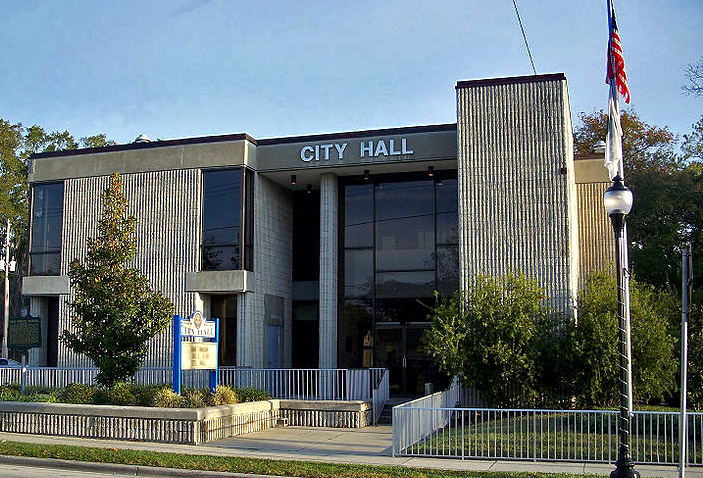GAINESVILLE ‒ A 37-year-old woman from Newberry and a 36-year-old man from Gainesville have been arrested on charges of grand theft and fraud. The pair, Katheryn Ann Blevins and Jason Edward Sauls, allegedly used another person's identity to file for unemployment compensation, resulting in over $10,000 being deposited into Sauls' bank account.
The victim reportedly learned about the scheme in January 2023 when she received a letter from the Internal Revenue Service stating that she owed $2,515 in taxes as a result of receiving $18,250 in unemployment payments in 2021. The victim told a Gainesville Police Department (GPD) Officer that she worked two full-time jobs in 2021 and never filed for unemployment. She told the officer that she suspected Katheryn Ann Blevins and Jason Edward Sauls had fraudulently used her information because of “past issues” with the couple.
The victim told the officer that Sauls had been her friend before he met Blevins through a dating app, but then he “changed.” She said the pair told her she could receive a stimulus check in April 2020, and they helped her fill out an online application for the check. She said she believed that Blevins or Sauls obtained her identity information at that time.
The past issues reportedly included a GoFundMe that the pair set up for the victim when she became ill with COVID, against her wishes; although $1,050 was raised, the victim said she never received the funds.
The Florida Department of Economic Opportunity (DEO) reportedly provided information showing that the email address on the unemployment account was changed to Blevins’ email in June 2020, and the phone number was changed multiple times. The address was also reportedly updated from the victim’s mailing address to Blevins’ address in Newberry.
DEO also reportedly provided information showing that the funds were sent to a bank account owned by Sauls, with Sauls’ phone number and Blevins’ Newberry address on the account. DEO records report $275 per week was sent to the account under the victim’s identity. Deposits were reportedly made under the names of both Sauls and the victim, and bank records show that the minimum loss to DEO was $10,225.
An investigator contacted Blevins in March 2023. At that time she reportedly said she knew the victim and Sauls was her boyfriend. She also said she had helped the victim create an unemployment account, but that was the extent of her involvement. She said she didn’t know why the email address had been changed to her email address. Blevins said Sauls “didn’t have anything to do with unemployment” and she didn’t know why his bank account was used, but she knew he wasn’t involved. She reportedly promised to contact the investigator later and also promised to have Sauls contact the investigator. However, the investigator reportedly was unable to make contact with Sauls.
In February 2024, formal charges of grand theft and engaging in an organized scheme to defraud were filed against both Blevins and Sauls, and they were arrested on May 17, 2024.
Blevins was also booked on a warrant from a January 2022 incident in which she allegedly paid for a service with a forged $200 check. Blevins has no criminal history. Bail was set by Judge James Colaw at $52,500.
Sauls, also without a criminal history, had his bail set at $50,000. His attorney filed a motion for release on his own recognizance, arguing his inability to afford the bail and asserting Blevins' statement that Sauls was uninvolved in the scheme. The motion noted that Sauls immediately hired an attorney and turned himself in upon learning of the warrant for his arrest following Blevins' arrest.
# # #
Email cwalker@
alachuatoday.com



